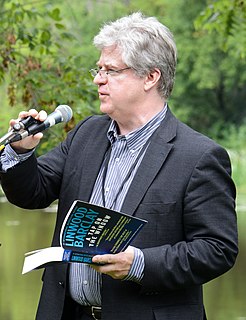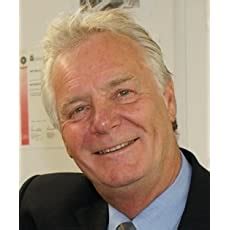A Quote by Pankaj Mishra
In the end, of course, all novelists will be judged by their novels, but let's not forget that we will also need new ways of assessing the latter. There are people who will continue to write nineteenth-century novels in the early twenty-first, and even win major prizes for them, but that's not very interesting, intellectually or emotionally.
Related Quotes
Given that the nineteenth century was the century of Socialism, of Liberalism, and of Democracy, it does not necessarily follow that the twentieth century must also be a century of Socialism, Liberalism and Democracy: political doctrines pass, but humanity remains, and it may rather be expected that this will be a century of authority ... a century of Fascism. For if the nineteenth century was a century of individualism it may be expected that this will be the century of collectivism and hence the century of the State.
It seems to me that the novel is very much alive as a form. Without any question, every epoch has its own forms, and the novel nowadays cannot resemble that of the nineteenth century. In this domain all experiments are justified, and it is better to write something new clumsily than to repeat the old brilliantly. In the nineteenth century, novels dealt with the fate of a person or of a family; this was linked to life in that period. In our time the destinies of people are interwoven. Whether man recognizes it or not, his fate is much more linked to that of many other people than it used to be.
The major changes that will be occurring within the new merged partnership are exciting in many ways. First, we will have the highest forecast distribution growth rate of any of the major MLPs. Second, our coverage will be above average for the same peer group with expected $1.1 billion of excess cash flow coverage through 2017 and the Access cash flows, along with our major new fee based projects continue to dramatically reduce exposure to commodity prices.
I think like almost everything in evolution, the old forms persist. New forms come along - not always, of course; there are species and whole lineages that go extinct - but basically novels and plays, and so on, will continue to exist. Jokes, as the lowest-cost form of narrative, will certainly continue to exist. They're a bit like microbes in the biological world. They're low-cost and they're everywhere. They're the most successful form of life, even though they're not the ones we think about most.
Decades from now, people will look back and wonder how societies could have acquiesced in a sex slave trade in the twenty-first century that is... bigger than the transatlantic slave trade was in the nineteenth. They will be perplexed that we shrugged as a lack of investment in maternal health caused half a million women to perish in childbirth each year.







































